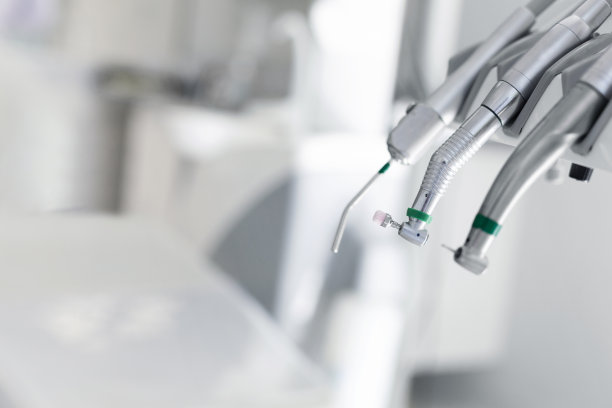Essential Guidelines and Precautions to Consider Before and After Receiving Dental Fillings for Optimal Oral Health
Summary: Dental fillings are a common procedure aimed at restoring the function and aesthetics of damaged teeth. However, its essential to follow specific guidelines and precautions both before and after the treatment to ensure optimal oral health. In this article, we outline the critical steps you should take before your dental filling appointment, what to expect during the procedure, essential aftercare tips, and lifestyle changes that can help maintain your dental health after receiving fillings. By adhering to these guidelines, patients can minimize discomfort, ensure the longevity of dental work, and safeguard their oral health.
1. Pre-Procedural Considerations for Dental Fillings

When preparing for dental fillings, it is crucial to discuss your medical history and any medications you are taking with your dentist. Certain conditions, such as diabetes or heart disease, can impact the treatment and recovery process. Disclosing this information allows your dentist to tailor the procedure to your specific needs and reduce potential complications.
Additionally, understanding the type of filling material your dentist plans to use can ease any anxieties you may have. Options include amalgam, composite resins, and glass ionomer, each with its benefits and drawbacks. Knowing what to expect on the day of the procedure can help you feel more at ease.
It is also advisable to arrange for transportation on the day of your appointment, particularly if you require sedation. Some procedures may leave you feeling disoriented or drowsy, making it unsafe to drive. By planning ahead, you can ensure a smoother experience.
2. What to Expect During the Filling Procedure
During the filling procedure, your dentist will first numb the affected area to minimize discomfort. Understanding this process can alleviate anxiety, as most patients find the numbing shots to be the most uncomfortable part of the procedure.
Once the area is numbed, the dentist will remove any decay or damaged tooth structure. Many will use a dental drill, though newer techniques may include lasers or air abrasion for a more comfortable experience. Its important to remain still during this phase to ensure precision.
After cleaning the tooth, the dentist will place the filling material. This step may involve layering and curing the material, especially with composite fillings that need to harden under a special light. Following this application, the dentist will check your bite and make adjustments as necessary to ensure your comfort.
3. Essential Aftercare Tips for Dental Fillings
After receiving dental fillings, proper aftercare is crucial for a smooth recovery. Initially, you may experience numbness; therefore, it is best to wait until the anesthetic wears off before eating. Many patients mistakenly bite their lips or cheeks during this period, leading to unnecessary injury.
It’s also advisable to avoid hard or sticky foods for at least 24 hours post-procedure. Chewing on tough foods can damage new fillings, especially composite ones that have not fully hardened yet. Soft foods like yogurt or mashed potatoes can be good alternatives during this sensitive time.
Maintaining a good oral hygiene routine is paramount following your dental filling. Brushing and flossing should continue as normal but be gentle around the filled area. Routine dental check-ups will help monitor your fillings over time, ensuring they last longer and your overall dental health remains intact.
4. Lifestyle Changes for Better Oral Health
To keep your fillings and teeth healthy, consider making certain lifestyle changes. Reducing sugar intake can significantly decrease the risk of future cavities. Sugary foods and beverages contribute to decay, so substituting them with healthier options can be beneficial.
Additionally, quitting smoking can also improve oral health. Tobacco products are not only harmful to your overall wellbeing but also increase the risk of gum disease and tooth decay, which can compromise your dental work.
Finally, staying hydrated can benefit your oral health immensely. Drinking plenty of water helps wash away food particles and bacteria, minimizing the risk of cavities and promoting overall dental hygiene. Regularly drinking water can assist in maintaining a balanced pH level in your mouth, contributing to better oral health.
Summary:
Following essential guidelines and precautions before and after receiving dental fillings can optimize oral health and the longevity of dental work. Preparation, understanding what happens during the procedure, diligent aftercare, and lifestyle adjustments are all integral parts of fostering a healthy mouth. Being proactive in your dental care allows you to preserve your oral health effectively.
This article is compiled by Vickong Dental and the content is for reference only.



